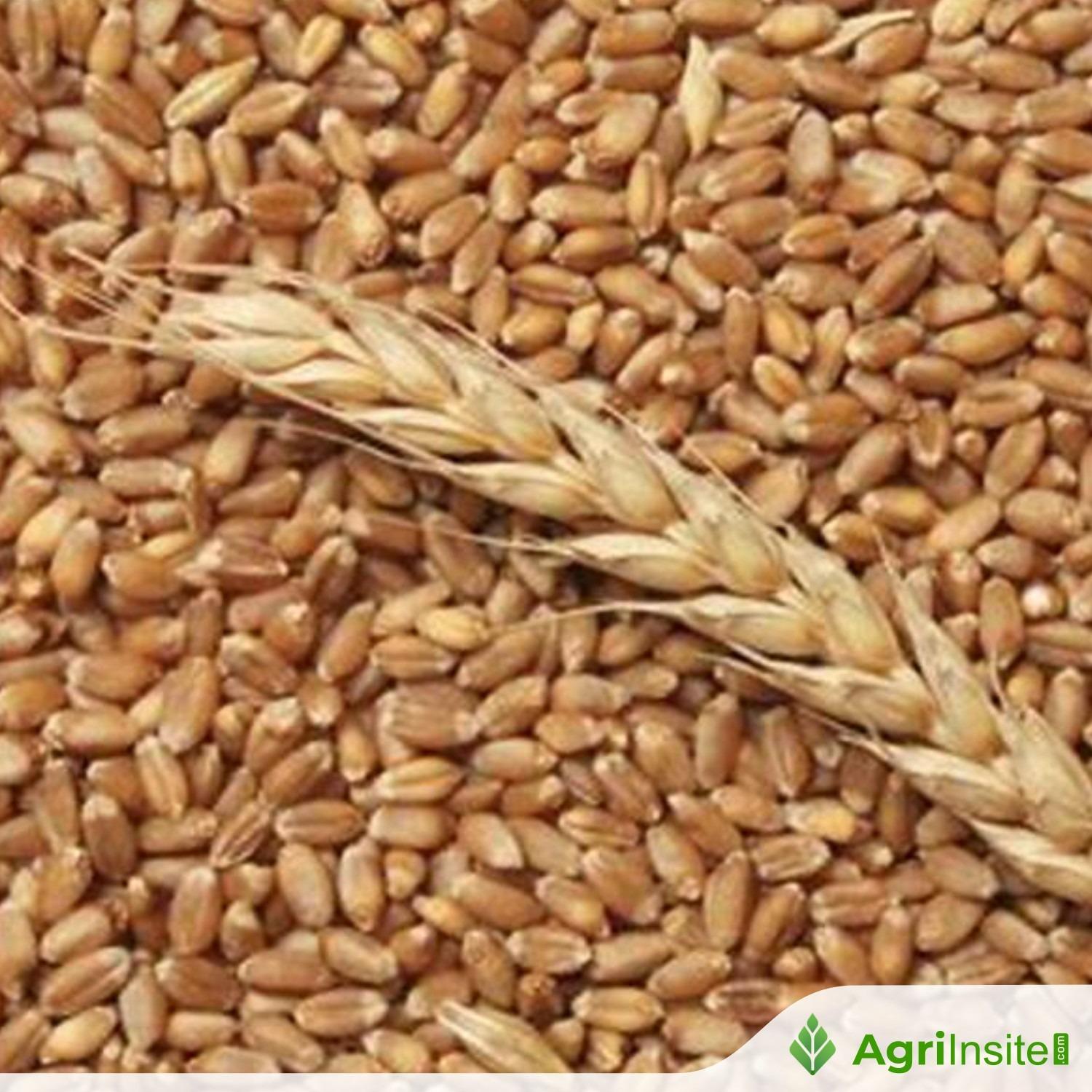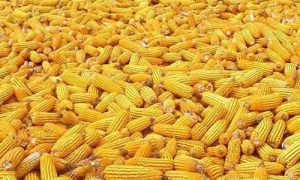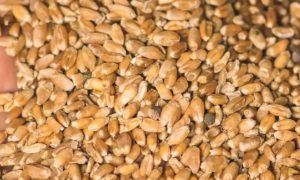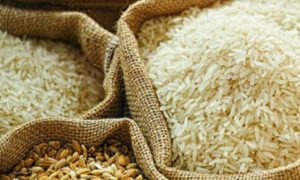Turkey to Keep Some Curbs on Wheat Imports Even When Ban Lifts

Turkey will partially reopen its wheat market after October 15 using a quota system, as per the Turkish Flour Industrialists’ Federation. Millers will be allowed to import 15 tons of wheat for every 85 tons purchased from the Turkish Grain Board. The temporary wheat import ban, introduced in June, aimed to protect local producers, but the quota system seeks to manage elevated inventories following increased imports due to the Russia-Ukraine conflict.
After Oct. 15, the market will be only partially opened using a quota system, according to a letter from the Turkish Flour Industrialists’ Federation to millers. It indicated that the federation had received the directive from Turkish officials.
Turkey, usually one of the world’s biggest wheat buyers, implemented the temporary ban in June to shield local producers from being hit by a decline in prices during the harvest.
The measures outlined in the letter would mean millers will be allowed to import just 15 tons of wheat for every 85 tons they buy from the Turkish grain board, according to traders. While traders expect the measures to be implemented as laid out in the document, it’s not binding and there could be adjustments before an official announcement.
The federation declined to comment on the letter, which didn’t say how long the new measures would last. The Turkish Trade Ministry and Agriculture Ministry said they are working on the issue but did not provide further details when contacted by Bloomberg.
The new system should help Turkey reduce its inventories. Stockpiles remain elevated after ballooning to the highest in nearly 30 years after Russia’s full-scale invasion of Ukraine in 2022, according to data from the International Grains Council.
Russia and Ukraine are two of the world’s top wheat suppliers, and concerns about the war’s impact on trade have spurred extra purchases. Turkey has a large pasta- and flour-making industry that typically relies on grain from abroad on top of local wheat.
“When the war started, we started stocking up and we imported high volumes,” Eren Gunhan Ulusoy, board chairman at Turkish miller Ulusoy Un, said on the sidelines of the IAOM conference in Baku last month.
Still, millers — which export a significant share of their flour and pasta — have been pushing for the ban to be lifted because it made them less competitive against other countries. The ban forced them to buy wheat from local farmers, rather than importing cheaper grain from the likes of Ukraine or Russia. Turkey’s flour exports in August dropped 41% compared to last year, and were also more than 30% lower in June and July, according to data from Ulusoy Un.
Source Link : https://finance.yahoo.com/news/turkey-keep-curbs-wheat-imports-101101172.html
















